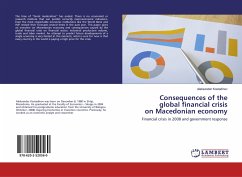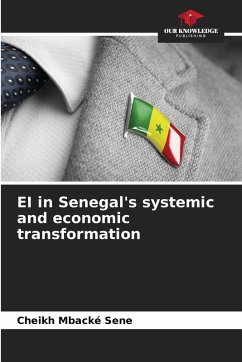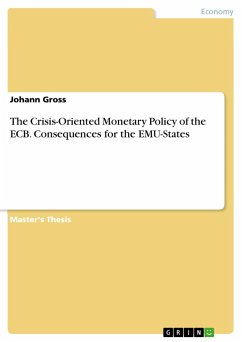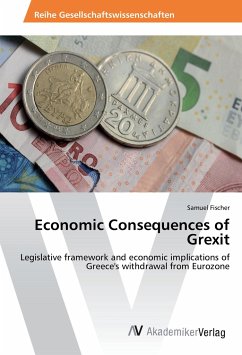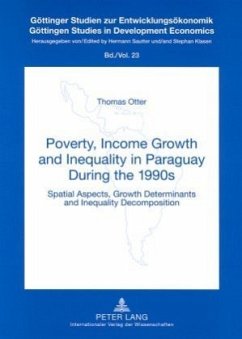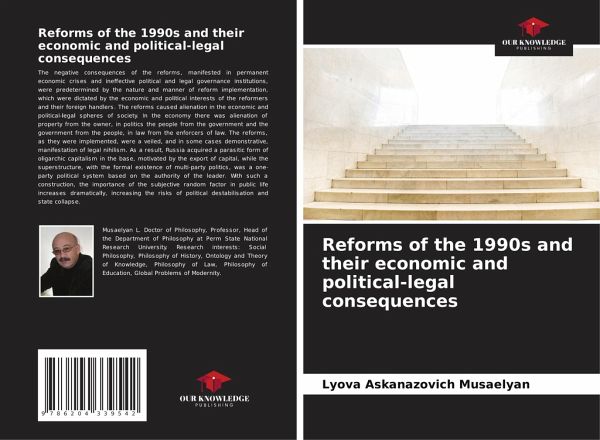
Reforms of the 1990s and their economic and political-legal consequences
Versandkostenfrei!
Versandfertig in 6-10 Tagen
24,99 €
inkl. MwSt.

PAYBACK Punkte
12 °P sammeln!
The negative consequences of the reforms, manifested in permanent economic crises and ineffective political and legal governance institutions, were predetermined by the nature and manner of reform implementation, which were dictated by the economic and political interests of the reformers and their foreign handlers. The reforms caused alienation in the economic and political-legal spheres of society. In the economy there was alienation of property from the owner, in politics the people from the government and the government from the people, in law from the enforcers of law. The reforms, as the...
The negative consequences of the reforms, manifested in permanent economic crises and ineffective political and legal governance institutions, were predetermined by the nature and manner of reform implementation, which were dictated by the economic and political interests of the reformers and their foreign handlers. The reforms caused alienation in the economic and political-legal spheres of society. In the economy there was alienation of property from the owner, in politics the people from the government and the government from the people, in law from the enforcers of law. The reforms, as they were implemented, were a veiled, and in some cases demonstrative, manifestation of legal nihilism. As a result, Russia acquired a parasitic form of oligarchic capitalism in the base, motivated by the export of capital, while the superstructure, with the formal existence of multi-party politics, was a one-party political system based on the authority of the leader. With such a construction,the importance of the subjective random factor in public life increases dramatically, increasing the risks of political destabilisation and state collapse.



